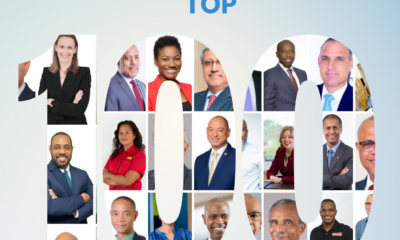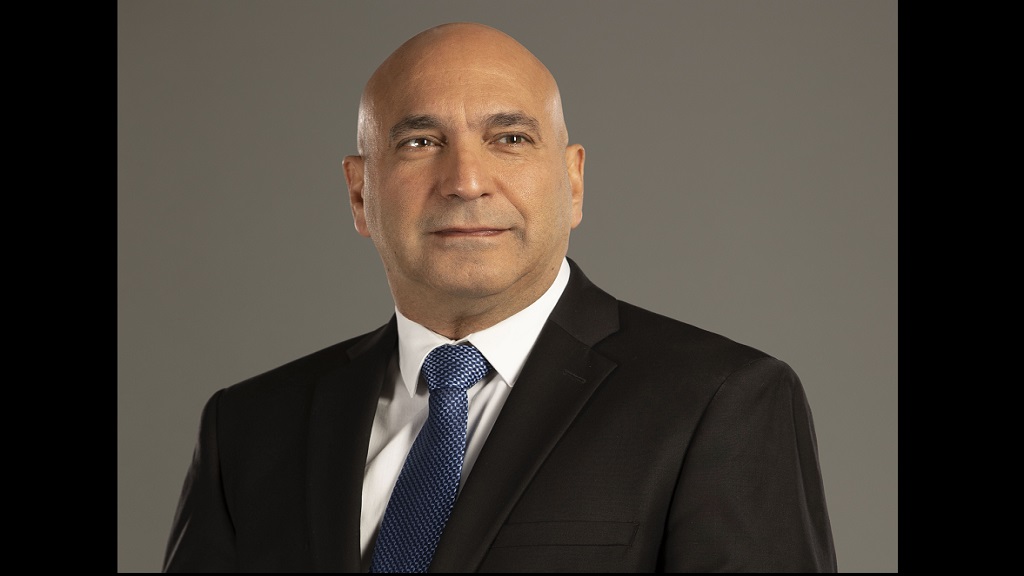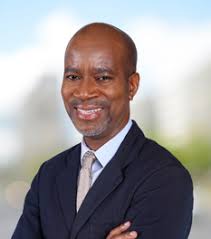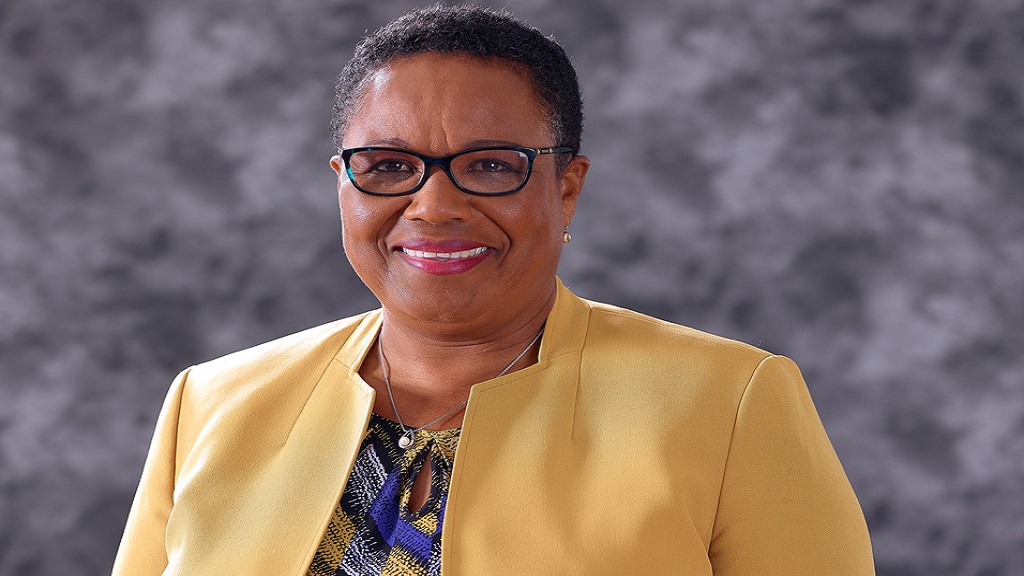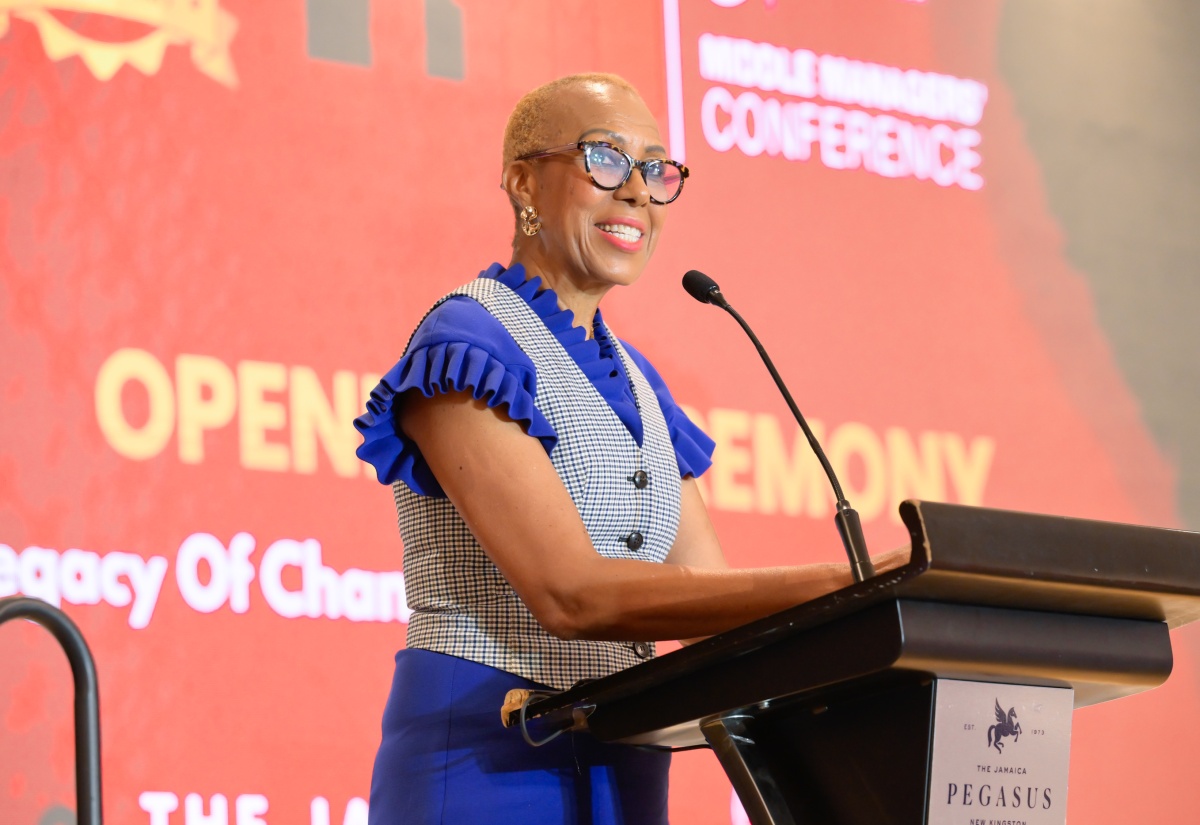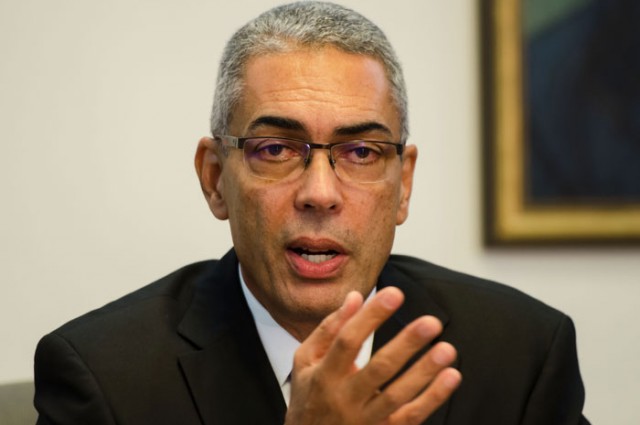The Caribbean media landscape is facing a critical financial crisis, intensified by a sluggish response to digital innovation and global media trends. Reports from sources like Jamaica Gleaner and BusinessuiteOnline highlight how companies such as Guardian Media Limited in Trinidad and RJRGLEANER in Jamaica are reporting substantial losses, driven largely by outdated revenue models and limited engagement with digital audiences. This lack of innovation has left them vulnerable in a competitive media market, prompting urgent calls for strategic shifts to prevent further declines
“The Caribbean media landscape is facing significant financial challenges, exacerbated by a lack of innovation and adaptation to digital trends. Reports indicate that companies like Guardian Media are experiencing substantial losses, with management criticized for not addressing revenue declines effectively.”

Key Issues Affecting Caribbean Media
Mounting Financial Struggles and Cost-Cutting Pressures: Advertising revenue, once a primary income source, has drastically decreased as advertisers increasingly allocate budgets to digital platforms like Google and Facebook. Many media organizations are also cutting costs without sustainable strategies for recovery, leading to operational downsizing.
“Nothing in the report suggests that top management has any plans to address the persistent decline in revenue. The only solution seems to be cutting fat. They are down to the bones now, looking to cut or shorten limbs, with no plans for long-term sustainability. Covering their incompetence with lots of fancy words and adjectives, that don’t mean anything.”
Guardian Media Limited in Trinidad reported a $10.2 million loss, emphasizing the extent to which the drop in traditional ad revenue has impacted its operations. Guardian Media has attempted aggressive cost-cutting but, as analysts note, cuts have reached a critical point where further reductions would threaten the company’s operational capabilities and quality of journalism
 Meanwhile, RJRGLEANER Communications Group in Jamaica has also experienced the challenges of this shift, as they acknowledge the need for a more agile digital transformation but are constrained by legacy models that are difficult to abandon.
Meanwhile, RJRGLEANER Communications Group in Jamaica has also experienced the challenges of this shift, as they acknowledge the need for a more agile digital transformation but are constrained by legacy models that are difficult to abandon.
“Caribbean media has failed to invest in content that resonates internationally, limiting expansion opportunities”
Limited Global Appeal: Caribbean media companies have been slow to produce content that resonates with international audiences, particularly the Caribbean diaspora, which remains an untapped market. A narrow focus on local stories, while essential, has limited these companies’ ability to expand globally. This has resulted in missed opportunities for international partnerships and distribution deals, which could have diversified revenue streams.
Unlike international counterparts that have expanded into the Caribbean through acquisitions, local companies have yet to establish a footprint outside the region
Content and Engagement Limitations: A significant barrier to Caribbean media growth lies in content strategies that focus narrowly on local audiences. Critics argue that Caribbean media companies have largely neglected the potential to produce content with global or diaspora appeal, missing opportunities to enter international distribution channels.
 Trinidad Express points out that global media companies have thrived by creating content that appeals beyond their national borders, allowing them to secure international distribution and build larger audiences. Caribbean media has yet to capitalize on this, partly due to a lack of investment in global storytelling and digital analytics
Trinidad Express points out that global media companies have thrived by creating content that appeals beyond their national borders, allowing them to secure international distribution and build larger audiences. Caribbean media has yet to capitalize on this, partly due to a lack of investment in global storytelling and digital analytics
Slow Pace of Digital Transformation: The Caribbean media industry’s hesitancy to adopt a digital-first approach has hampered its competitiveness. While international media have embraced digital transformation, incorporating digital subscriptions and paywalls, most Caribbean media companies have been slow to shift.
BusinessuiteOnline observes that many regional media companies are still bound by traditional operational models, limiting their ability to tap into new markets and digital revenue opportunities. These challenges were intensified by the pandemic, which accelerated the global shift to digital media consumption, but many Caribbean media companies were unprepared to pivot quickly.
Potential Pathways to Recovery and Growth
Despite these challenges, several strategic avenues could foster a resurgence in Caribbean media if adopted with urgency:
“Embracing digital-first strategies is crucial, as highlighted by industry leaders advocating for agility in adopting new technologies”
Digital Transformation: Embracing a digital-first strategy is crucial. Industry leaders and media analysts suggest that Caribbean media must adopt new technologies, such as digital subscriptions, paywalls, and mobile apps, to attract and retain audiences. The pandemic accelerated the global shift to digital, but Caribbean media has struggled to keep pace. RJRGLEANER’s leadership has recognized the need for agility in this area, yet implementation has been slow and hampered by existing legacy structures.
Digital Subscription Models and Paywalls: Many global media groups have succeeded with subscription-based revenue models, a strategy Caribbean media could emulate. Implementing paywalls for premium content or creating tiered access could tap into both local and diaspora markets, providing a consistent income stream from audiences willing to pay for quality, exclusive content.
Content Innovation and Global Appeal: Developing unique, globally appealing content is essential for Caribbean media to stay competitive. By tapping into Caribbean culture, history, and current affairs that resonate on a universal level, these companies could attract international interest and potential partnerships. Content that appeals to both local and international audiences—particularly the Caribbean diaspora—would not only expand reach but also create new revenue streams through licensing and distribution deals.
“Content Innovation: Developing unique, globally appealing content could attract international partnerships and revenue streams.”
Developing Caribbean content with universal themes that resonate internationally can attract both audiences and distributors. Unique Caribbean stories and cultural narratives have substantial potential in the global content market, and with the right marketing and distribution efforts, these stories could appeal to Caribbean diasporas and beyond.
Technology and Distribution Partnerships: Caribbean media can explore partnerships with tech giants like Google and Facebook, which could help increase content reach and tap into ad-sharing revenue. Such partnerships could also help overcome local infrastructure challenges, providing regional content with a larger, global platform.
Investing in Data Analytics: The use of audience data and analytics could transform content strategy, allowing Caribbean media to produce more targeted, relevant, and engaging content. Data-driven decisions not only improve audience retention but also increase ad revenues by offering advertisers better-targeted placements.
“Failed media in the Caribbean is now a crisis. Most major corporate companies over the last few months have announced international deals either on distribution or acquisition. Caribbean media have failed follow expansion in new markets. The management of these companies have displayed bankrupt ideas.”
Learning from International Media Successes and Local Implications
International media companies have responded to similar challenges by investing in multimedia content, restructuring for digital efficiency, and focusing on audience analytics. Caribbean media can adapt these strategies by training staff in digital media, creating multimedia content, and exploring additional revenue streams such as events, merchandise, and branded content.
“That’s because they have something to distribute. Caribbean media have failed to invest in content with global appeal, hence the absence of international deals. Leadership still stuck in traditional models, while the rest of the world is moving ahead.”
The response of international media companies has starkly contrasted with the approach of local Caribbean firms. Companies such as One Caribbean Media and Trinidad Express have witnessed international media players entering their markets through acquisitions and distribution partnerships, leveraging global capital to establish a strong presence in the Caribbean. This expansion underscores the potential for digital-first approaches in the region and highlights the urgency for local media to rethink their business models if they want to remain relevant. With global media’s entry into the region, Caribbean firms are now under pressure to innovate or risk being overshadowed by larger entities with stronger digital and financial foundations.
The challenges facing Caribbean media are complex but not insurmountable.
By embracing digital transformation and investing in globally resonant content, Caribbean media companies can position themselves to engage a broader audience, stabilize their revenue streams, and retain relevance in an increasingly digital world. This transition requires a commitment to both innovation and global engagement—an investment that could transform Caribbean media from struggling local institutions into influential platforms that capture and convey the region’s unique stories on the global stage.
“This shift emphasizes the need for Caribbean media to rethink their business models and strategies to remain competitive in a rapidly evolving market,”
Is The Jamaica Gleaner Too Big And Important To fail?


 Businessuite Markets1 week ago
Businessuite Markets1 week ago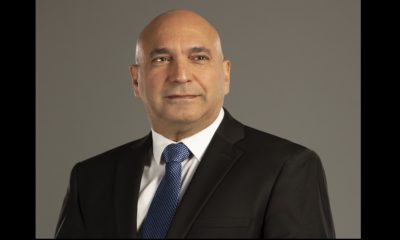
 Businessuite News242 weeks ago
Businessuite News242 weeks ago
 Businessuite Markets2 weeks ago
Businessuite Markets2 weeks ago
 Logistics & Transportation1 week ago
Logistics & Transportation1 week ago
 Businessuite Markets2 weeks ago
Businessuite Markets2 weeks ago
 Businessuite Markets2 weeks ago
Businessuite Markets2 weeks ago
 Businessuite News24 International3 weeks ago
Businessuite News24 International3 weeks ago
 Businessuite News242 weeks ago
Businessuite News242 weeks ago


 Meanwhile, RJRGLEANER Communications Group in Jamaica has also experienced the challenges of this shift, as they acknowledge the need for a more agile digital transformation but are constrained by legacy models that are difficult to abandon.
Meanwhile, RJRGLEANER Communications Group in Jamaica has also experienced the challenges of this shift, as they acknowledge the need for a more agile digital transformation but are constrained by legacy models that are difficult to abandon. Trinidad Express points out that global media companies have thrived by creating content that appeals beyond their national borders, allowing them to secure international distribution and build larger audiences. Caribbean media has yet to capitalize on this, partly due to a lack of investment in global storytelling and digital analytics
Trinidad Express points out that global media companies have thrived by creating content that appeals beyond their national borders, allowing them to secure international distribution and build larger audiences. Caribbean media has yet to capitalize on this, partly due to a lack of investment in global storytelling and digital analytics